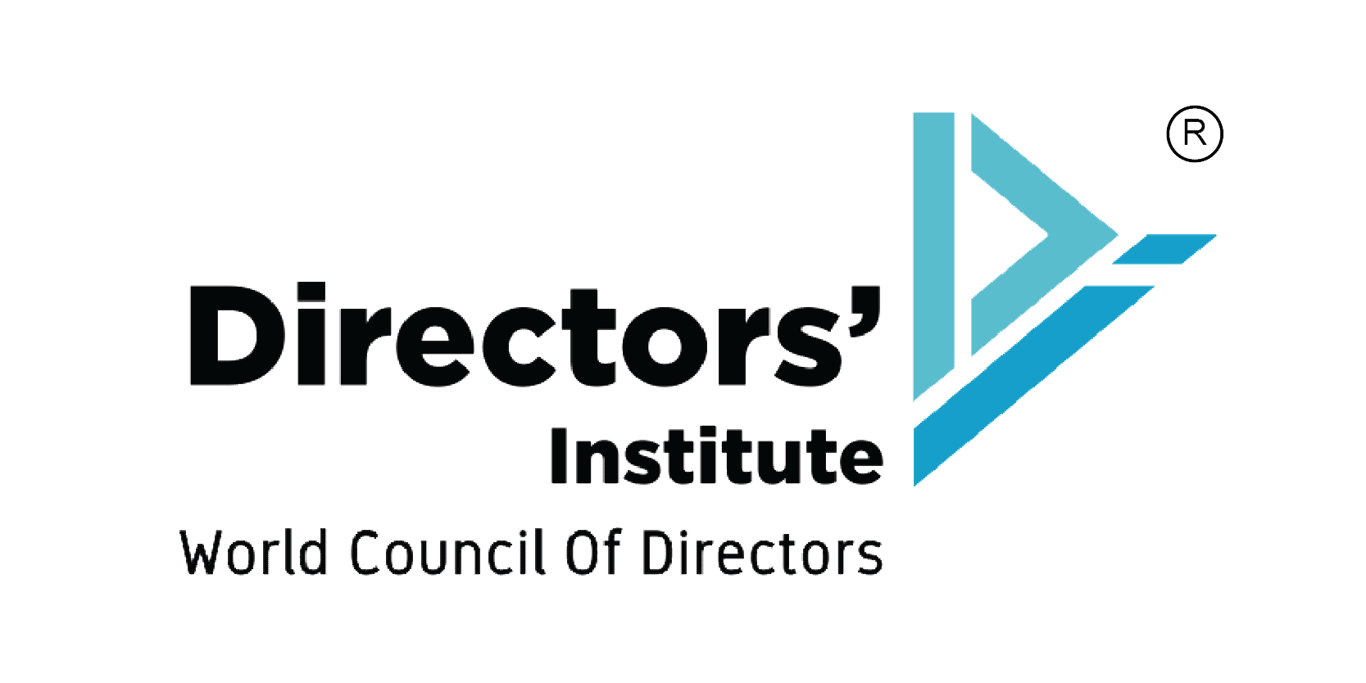This course serves as a foundational exploration into the fundamental principles and concepts of corporate governance. As businesses operate in an increasingly complex and interconnected global landscape, understanding the core tenets of corporate governance becomes imperative for leaders and professionals alike. Participants in this course will embark on a comprehensive journey, delving into the essence of governance structures, ethical considerations, and regulatory frameworks that underpin effective corporate oversight. Through a combination of theoretical insights and practical applications, individuals will gain a nuanced understanding of how sound corporate governance fosters transparency, accountability, and sustainable organisational success. In the initial part of the course, participants will unravel the key elements of corporate governance, examining the roles and responsibilities of various stakeholders, including boards of directors, executives, shareholders, and regulatory bodies.
The course will navigate through the historical evolution of corporate governance, highlighting pivotal milestones and evolving best practices that have shaped the contemporary business landscape. As the exploration progresses, emphasis will be placed on ethical considerations, guiding participants in the development of a strong ethical framework that aligns with corporate values and societal expectations. This foundational knowledge will lay the groundwork for participants to critically analyse case studies, engage in discussions, and ultimately apply general corporate governance concepts to real-world scenarios, fostering a holistic and practical understanding of governance principles.





